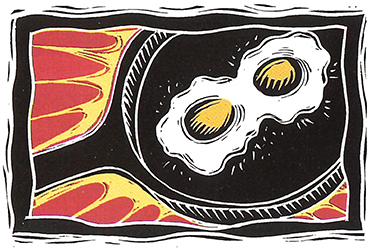Smoking, drinking warnings may backfire with older children
 Could anti-alcohol and tobacco messages aimed at older children actually backfire? If they are extremely negative, they might, say UW researchers conducting a 10-year study called the Children’s Health Awareness Project.
Could anti-alcohol and tobacco messages aimed at older children actually backfire? If they are extremely negative, they might, say UW researchers conducting a 10-year study called the Children’s Health Awareness Project.
The ongoing study of more than 1,000 fourth through seventh graders found that children’s beliefs about alcohol, drugs and tobacco shift incrementally. “As children become older, they see more nuance and realize that there are shades of gray. The trouble with a lot of anti-drug and tobacco messages is that they tend to be black and white,” says UW Social Work Professor Mary Gillmore.
“Kids may ignore negative, one-sided messages as they begin to realize some issues are more complicated,” she continues. “This reminds me of Mark Twain’s statement that `When the clock strikes 13, not only do you doubt it, but it also casts doubt on the previous 12 rings.’ ”
Researchers emphasize the need to discuss realistic probabilities with teen-agers and to avoid messages that portray extreme consequences. “A perfect example is the `fried-egg’ ad—`This is your brain. This is your brain on drugs.’—from the 1980s. It’s an extremely strident message and probably not that effective because older children know people who use drugs and whose brains are not fried,” Gillmore adds.